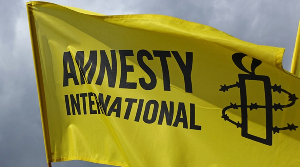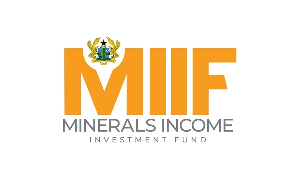The International Monetary Fund (IMF) has expressed serious concerns about the country’s mounting public debt, saying the economy is at high risk of debt distress and further predicting that debt will hit more than 63 percent of GDP by end of this year.
The country’s public debt, according to data from the Bank of Ghana, stands at a whopping GH¢205billion, which represents 59.5 percent of GDP as of the end of July this year. But in its 2019 Article IV Consultation with Ghana, the Executive Board of IMF said energy and financial sector costs will drive the debt level to 63.1 percent of GDP by end of 2019.
For this reason, the directors have advised managers of the economy to take the necessary steps to strengthen fiscal rules, reduce borrowing and enhance domestic revenue mobilisation efforts in order to bring the debt to sustainable levels; especially because of the 2020 general elections which will obviously increase government’s spending.
“Most directors urged the authorities to avoid new collateralisd borrowing to help reduce public debt and improve fiscal transparency. Directors emphasised that a more ambitious fiscal stance – based on a comprehensive domestic revenue mobilisation strategy – would help anchor debt dynamics on a clearly declining path, contain financing needs, create buffers for contingent liabilities, and support a stronger external position.
“They welcomed the Fund’s capacity development efforts to bolster the authorities’ fiscal reforms. A number of directors suggested the adoption of a formal debt anchor to guide the authorities’ debt sustainability efforts over the medium-term,” the report said.
The directors further called for boosting export competitiveness, increasing economic diversification, accelerating productivity growth, improving the business environment and promoting digitalisation to boost opportunities.
Again, the directors encouraged authorities to continue strengthening the anti?corruption framework by enhancing the capacity of law enforcement and prosecutorial bodies.
Another area the report touched on was the banking sector clean-up. Even though the IMF has always welcomed the move, and even encouraged government to make sure the exercise is complete, it has cautioned that fiscal cost of the restructuring must be mitigated.
This, the directors said, can be done by implementing upfront reimbursement caps, addressing weaknesses in state?owned banks, accelerating measures to reduce the NPL overhang, completing regulatory reforms, and stepping up recovery of funds from complicit directors and shareholders of failed institutions.
Business News of Sunday, 22 December 2019
Source: thebftonline.com
Public debt will hit 63% of GDP end of year – IMF
 The IMF said the energy and financial sector costs will drive the debt level to 63.1% by end of 2019
The IMF said the energy and financial sector costs will drive the debt level to 63.1% by end of 2019












